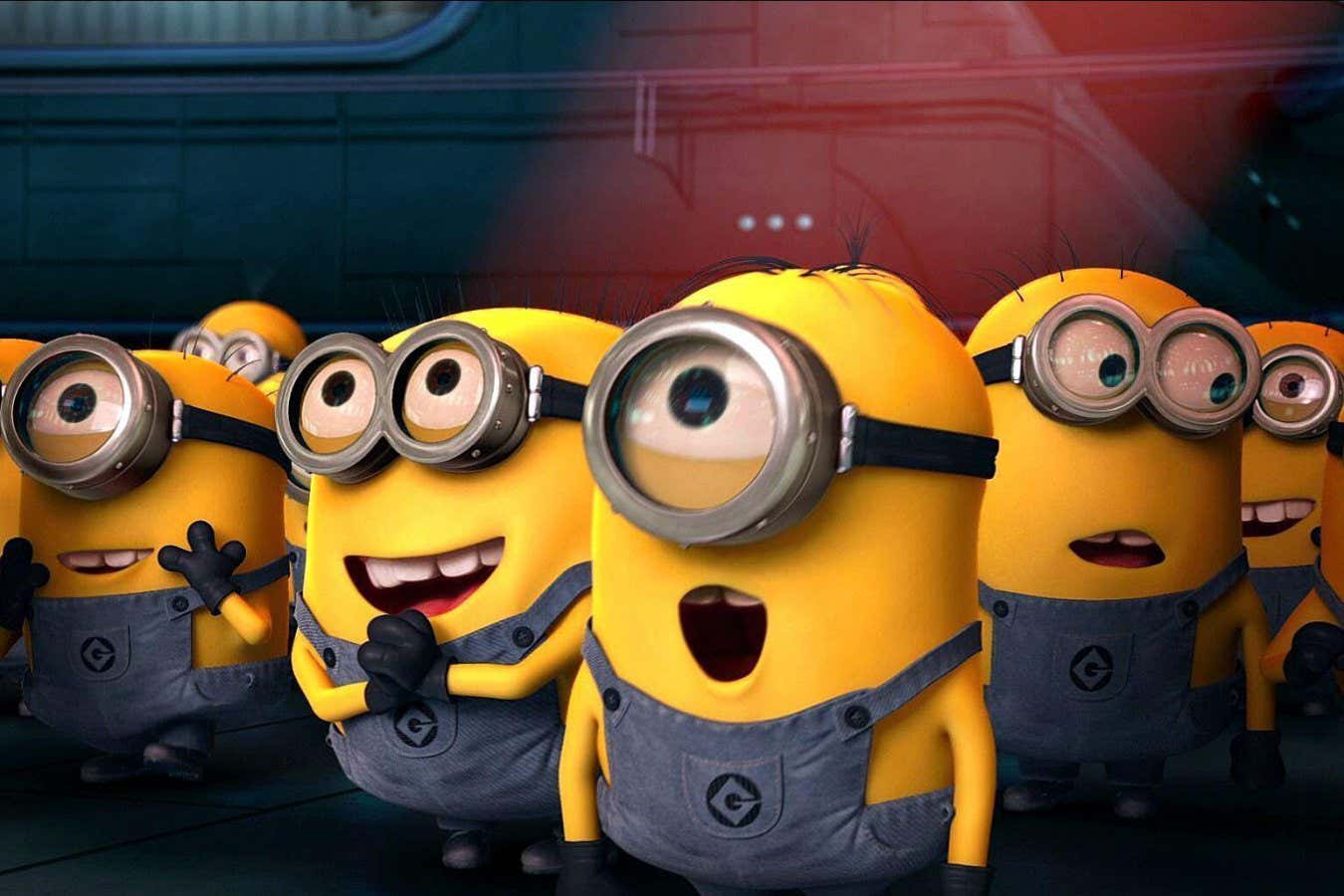Disney and Universal Take Legal Action Against AI Image Generator
Disney and Universal have filed a lawsuit against Midjourney, an AI image generator, alleging mass copyright infringement. The entertainment giants claim that Midjourney’s technology enables users to create images that closely resemble their famous characters, such as Minions and The Lion King.
The lawsuit highlights examples where Midjourney’s tool successfully generated images uncannily similar to characters owned by Disney and Universal. The companies argue that these outputs are a direct result of Midjourney training its AI on their copyrighted material. They also claim that Midjourney ignored their attempts to address the issue before legal action was taken.

Midjourney, which has 20 million users on its Discord server, allows users to create images from text prompts. The company’s actions have been criticized by Ed Newton-Rex of Fairly Trained, a non-profit organization promoting fairer AI training practices. Newton-Rex described the lawsuit as a victory for creators worldwide, emphasizing that it makes it less likely for governments to legalize IP theft due to big tech lobbying.
Legal experts believe that Midjourney faces significant challenges in defending the case. Andres Guadamuz of the University of Sussex stated that Disney’s involvement makes Midjourney’s position particularly difficult. Guadamuz noted that Disney’s strategic approach to protecting its intellectual property underscores the importance of its intervention.
The lawsuit marks a significant moment in the ongoing legal battles over AI copyright infringement. It sends a message to larger AI companies to implement stronger filters against copyright infringement or face potential legal consequences. While some speculate that Disney might be open to negotiating licensing agreements, the primary focus appears to be on addressing the infringement issue.
This legal action is part of a broader trend where content creators are taking AI companies to court over alleged copyright violations. The outcome of this case could have far-reaching implications for the AI industry and copyright law.


